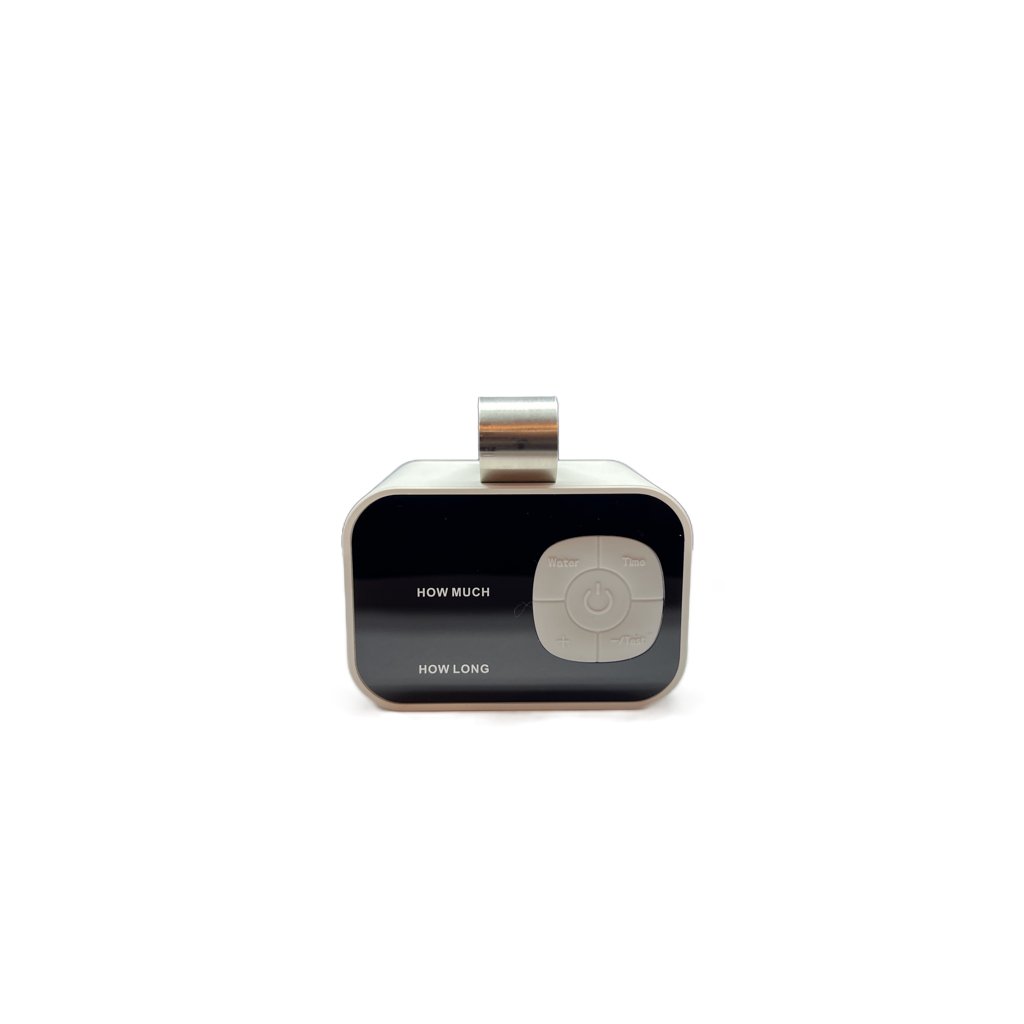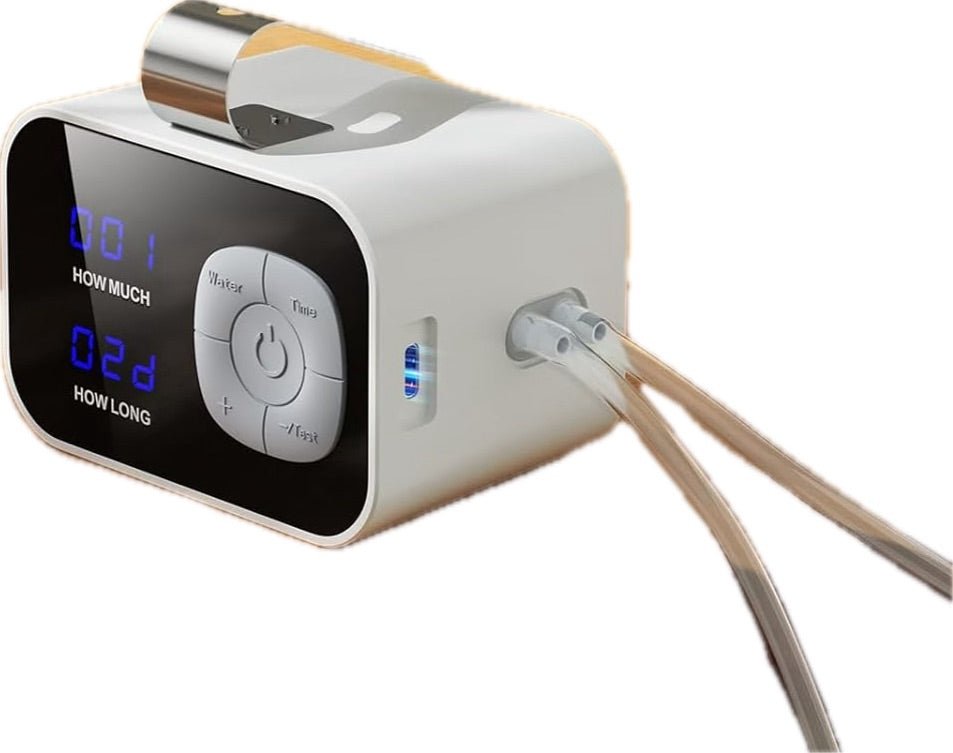Maximize Your Home's Energy Efficiency: The Role of Insulation
Share
Introduction:
Your home's insulation plays a pivotal role in its energy efficiency, comfort, and even its impact on the environment. Proper insulation not only keeps your home warm in the winter and cool in the summer but also significantly reduces your energy bills and carbon footprint. In this blog post, we'll dive into the importance of home insulation, types available, and how it works hand in hand with your HVAC system, including innovative solutions like AC Drain FLO, to maximize energy efficiency.
Understanding Home Insulation:
Insulation acts as a barrier to heat flow, keeping your home's internal temperature consistent by reducing the heat exchange with the outside environment. The effectiveness of insulation is measured in R-values, with higher values indicating better insulation capabilities.
Types of Home Insulation:
There are several types of insulation, each suitable for different areas of your home:
- **Fiberglass:** Commonly used in attics, walls, and floors. It's affordable and easy to install.
- **Spray Foam:** Offers excellent air sealing and moisture resistance. Ideal for hard-to-reach areas.
- **Rigid Foam Boards:** Great for insulating basements and exterior walls.
- **Reflective Insulation:** Best for attics in hot climates, reflecting heat away from your home.
The Role of Insulation in Energy Efficiency:
By maintaining a stable internal temperature, insulation reduces the need for heating and cooling, thereby lowering energy consumption. Well-insulated homes can save up to 15% on heating and cooling costs, according to the EPA.
Insulation and Your HVAC System:
Effective insulation complements your HVAC system, allowing it to operate more efficiently. With a properly insulated home, your HVAC system doesn't have to work as hard to maintain the desired temperature, leading to extended system life and reduced maintenance costs.
Incorporating AC Drain FLO:
While insulation and HVAC systems play a direct role in your home's energy efficiency, solutions like AC Drain FLO contribute indirectly by ensuring your system runs smoothly. By preventing clogs in the condensation drain line, AC Drain FLO helps maintain optimal efficiency and performance of your HVAC system.
Conclusion:
Investing in proper home insulation and maintaining your HVAC system, including using solutions like AC Drain FLO, are key steps to maximizing your home's energy efficiency. Not only does this lead to significant savings on energy bills, but it also enhances indoor comfort and supports environmental sustainability. Start by assessing your home's insulation needs and make the necessary upgrades to enjoy a more energy-efficient and comfortable home.
Your home's insulation plays a pivotal role in its energy efficiency, comfort, and even its impact on the environment. Proper insulation not only keeps your home warm in the winter and cool in the summer but also significantly reduces your energy bills and carbon footprint. In this blog post, we'll dive into the importance of home insulation, types available, and how it works hand in hand with your HVAC system, including innovative solutions like AC Drain FLO, to maximize energy efficiency.
Understanding Home Insulation:
Insulation acts as a barrier to heat flow, keeping your home's internal temperature consistent by reducing the heat exchange with the outside environment. The effectiveness of insulation is measured in R-values, with higher values indicating better insulation capabilities.
Types of Home Insulation:
There are several types of insulation, each suitable for different areas of your home:
- **Fiberglass:** Commonly used in attics, walls, and floors. It's affordable and easy to install.
- **Spray Foam:** Offers excellent air sealing and moisture resistance. Ideal for hard-to-reach areas.
- **Rigid Foam Boards:** Great for insulating basements and exterior walls.
- **Reflective Insulation:** Best for attics in hot climates, reflecting heat away from your home.
The Role of Insulation in Energy Efficiency:
By maintaining a stable internal temperature, insulation reduces the need for heating and cooling, thereby lowering energy consumption. Well-insulated homes can save up to 15% on heating and cooling costs, according to the EPA.
Insulation and Your HVAC System:
Effective insulation complements your HVAC system, allowing it to operate more efficiently. With a properly insulated home, your HVAC system doesn't have to work as hard to maintain the desired temperature, leading to extended system life and reduced maintenance costs.
Incorporating AC Drain FLO:
While insulation and HVAC systems play a direct role in your home's energy efficiency, solutions like AC Drain FLO contribute indirectly by ensuring your system runs smoothly. By preventing clogs in the condensation drain line, AC Drain FLO helps maintain optimal efficiency and performance of your HVAC system.
Conclusion:
Investing in proper home insulation and maintaining your HVAC system, including using solutions like AC Drain FLO, are key steps to maximizing your home's energy efficiency. Not only does this lead to significant savings on energy bills, but it also enhances indoor comfort and supports environmental sustainability. Start by assessing your home's insulation needs and make the necessary upgrades to enjoy a more energy-efficient and comfortable home.







